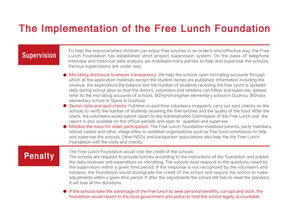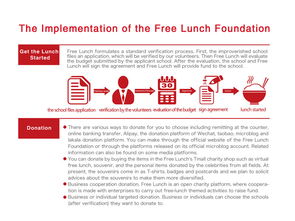Understanding the Basics of How Money Works

Money is an integral part of our daily lives, yet many of us don’t fully understand how it works. Whether you’re saving for a rainy day or planning for retirement, having a grasp on how money operates can significantly impact your financial well-being. Let’s delve into the intricacies of how money works.
What is Money?

At its core, money is a medium of exchange that facilitates transactions. It’s a representation of value that can be used to purchase goods and services. Historically, money took the form of gold, silver, and other precious metals. Today, it comes in various forms, including cash, coins, and digital currencies.
Types of Money

There are several types of money, each with its unique characteristics:
| Type | Description |
|---|---|
| Cash | Physical money that can be used for transactions. |
| Coin | Small, round pieces of metal used as a medium of exchange. |
| Bank Deposits | Money held in a bank account that can be accessed through checks, debit cards, or electronic transfers. |
| Credit Cards | Plastic cards that allow you to borrow money from a financial institution to make purchases. |
| Debit Cards | Plastic cards that allow you to access funds directly from your bank account. |
| Electronic Currencies | Digital forms of money, such as Bitcoin, that can be used for transactions online. |
How Money is Created
The process of creating money is a complex one, but here’s a simplified explanation:
- The government issues currency, which is backed by the country’s economy.
- Banks lend money to individuals and businesses, creating new money in the process.
- When you deposit money in a bank, the bank can lend out a portion of that money, effectively creating new money.
- As the money circulates through the economy, it generates income for businesses and individuals, which can be deposited back into the banking system.
Understanding Inflation
Inflation is the rate at which the value of money decreases over time. This means that the same amount of money will buy fewer goods and services in the future. Here are a few key points to keep in mind:
- Inflation is typically measured as an annual percentage increase in the price of goods and services.
- Central banks use monetary policy to control inflation.
- Investing in assets like stocks, real estate, or bonds can help protect against inflation.
How to Make Money
There are numerous ways to make money, and the best approach depends on your skills, interests, and resources. Here are a few common methods:
- Employment: Working for a company or individual in exchange for a salary.
- Self-employment: Running your own business or providing services as a freelancer.
- Investing: Buying stocks, bonds, real estate, or other assets to generate income or capital gains.
- Entrepreneurship: Starting a new business to create value and make money.
How to Save Money
Saving money is crucial for achieving financial stability and reaching your long-term goals. Here are some tips for saving effectively:
- Set a budget: Track your income and expenses to understand where your money is going.
- Automate savings: Set up automatic transfers to a savings account to ensure you consistently save a portion of your income.
- Reduce expenses: Identify areas where you can cut back on spending to free up more money for savings.
<




